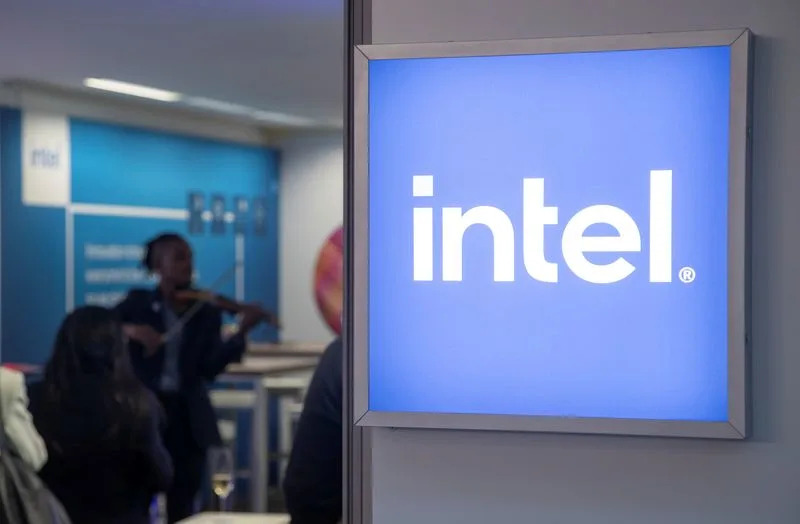Intel Faces Renewed Antitrust Scrutiny: What It Means for the Tech Giant

Intel, a cornerstone of the global semiconductor industry, has once again found itself at the center of antitrust scrutiny in Europe. The latest chapter in this ongoing saga revolves around a hefty $421.4 million fine imposed by EU regulators. In this article, we explore the details of the case, Intel's defense, and the broader implications for technology companies navigating strict European competition laws.
The History Behind the EU Antitrust Fine
The EU's clash with Intel dates back to 2009. At that time, the European Commission issued a record-breaking 1.06 billion euro fine, accusing the company of anti-competitive tactics aimed at shutting out Advanced Micro Devices (AMD), a key rival. This protracted legal battle reflects the complex interplay between major tech firms and regulatory bodies determined to safeguard market competition.
In recent years, Intel succeeded in overturning much of the original penalty. However, a crucial part of the Commission's findings stood firm. As a result, in 2023, a new, reduced fine of €376 million (roughly $421.4 million) was levied for payments made to PC manufacturers like HP, Acer, and Lenovo between 2002 and 2006. These payments allegedly delayed or hindered rival products, actions classified as 'naked restrictions' by EU authorities. For more insight into the background, see the full case breakdown from Yahoo Finance.
Intel’s Defense: Disproportionate and Unfair Penalty?
In court, Intel's legal team described the new fine as disproportionate. They argued that the Commission failed to acknowledge the limited scope of the violations, emphasizing that the actions involved only specific business agreements with a handful of manufacturers. According to Intel, these measures did not amount to a sweeping market-wide strategy to suppress competition.
The company's lawyer, Daniel Beard, stressed, “The Commission cannot sustain a finding that there was an overall strategy to foreclose competitors from the entire x86 chips market.” Beard asserted the violations were "narrow, tactical moves" rather than a broad anti-competitive campaign. Further details and a comprehensive timeline of the legal proceedings can be found in the Reuters coverage.
The EU's Perspective: Ensuring Fair Competition
The European Commission, however, continues to hold firm. Its representatives argue that the fine is appropriate given the seriousness of Intel's conduct. The calculated penalty amounts to about 1% of Intel’s turnover during the last year of the infringement, a figure regulatory lawyers say is within fair practice.
They believe that the actions in question had a tangible impact on the market, restricting competitors’ abilities to offer viable alternatives to consumers in the PC segment. The Commission further stated, "The fine is clearly not disproportionate to the seriousness of Intel's conduct." Both sides now await a final ruling from the General Court, which is expected in the coming months.
What Lies Ahead for Intel and the Tech Industry?
The outcome of this case will shape not just Intel’s immediate future. It also sets important precedents for other technology giants operating in regulated markets. As regulatory scrutiny grows more intense globally, large firms like Intel must carefully balance competitive strategies with strict adherence to antitrust laws. The industry watches closely, as the decision will influence not only legal approaches but also business models across the tech sector.
For an in-depth look at legal arguments and the broader policy implications, consult the Yahoo Finance analysis.
Conclusion: A Tipping Point for Tech Regulation?
Intel’s case highlights the constant tension between innovation, market power, and regulatory oversight. As the legal proceedings approach their conclusion, all eyes are on the General Court’s final decision. For Intel, the stakes are high—not just in financial terms, but also in maintaining its reputation and competitive edge. This ruling may set the tone for future interactions between big tech and global regulators, making it a pivotal moment for the entire industry.